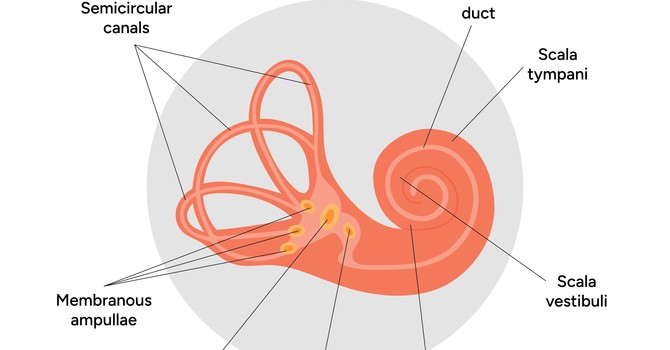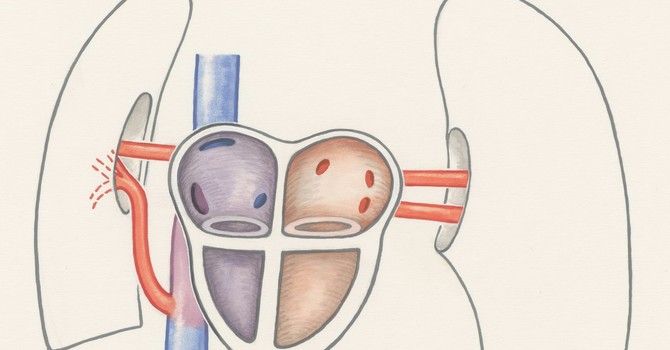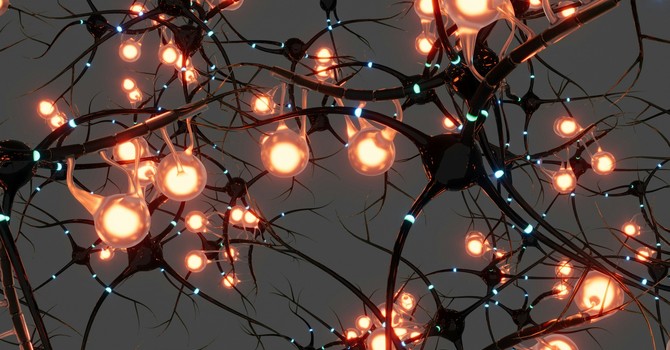
The Lasting Impact of Head Injuries on Current Health
Past head injuries, especially concussions, can have lingering effects that influence an individual's health and daily function long after the initial trauma. A concussion is a mild traumatic brain injury (TBI) typically caused by a blow to the head or a sudden jolt that shakes the brain inside the skull. While many people recover fully, some experience prolonged symptoms, a condition known as Post-Concussion Syndrome (PCS).
Concussion and Post-Concussion Syndrome (PCS)
After a concussion, the brain may take days to weeks to heal. However, in PCS, symptoms persist beyond the expected recovery period—sometimes for months or even years. Common symptoms include:
-
Chronic headaches
-
Dizziness
-
Fatigue
-
Memory issues
-
Difficulty concentrating
-
Mood changes, including irritability or depression
These symptoms can significantly impair daily functioning and quality of life.
Impact on the Cerebellum and Vestibular System
The cerebellum, located at the back of the brain, plays a key role in motor control, coordination, and balance. Concussive injuries can disrupt its normal function, leading to issues with:
-
Balance
-
Fine motor skills
-
Eye tracking (which can affect reading and focusing)
The vestibular system, which governs balance and spatial orientation, can also be impaired. Vestibular dysfunction may manifest as:
-
Vertigo
-
Persistent dizziness
-
Difficulty with motion or navigating visually complex environments
Damage to these systems is common in head injuries, contributing to symptoms such as unsteadiness, "brain fog," and difficulty tolerating movement or busy visual scenes.
Compensation and Neuroplasticity
The brain attempts to adapt to injury through compensation and neuroplasticity. This may involve recruiting other brain regions to take over lost function or relying more heavily on vision or proprioception for balance. However, this compensation is often incomplete, and if not guided by targeted rehabilitation (such as vestibular therapy), it may lead to persistent dysfunction.
Chronic Headaches
One of the most common lingering symptoms after a head injury is headache. These may be:
-
Tension-type headaches, due to neck strain or stress
-
Migraine-like headaches, triggered by overstimulation or poor regulation of sensory input
-
Cervicogenic headaches, originating from the neck and aggravated by poor posture or movement habits developed after injury
Summary
In sum, past head injuries—especially concussions—can lead to long-term complications involving the brain, vestibular system, and cervical spine. These complications may manifest as persistent headaches, balance issues, cognitive difficulties, and other symptoms associated with post-concussion syndrome. Understanding the full scope of these impacts is crucial for guiding effective treatment, such as physical therapy, vestibular rehabilitation, and cognitive support.
Forrest Fisher
Contact Me


